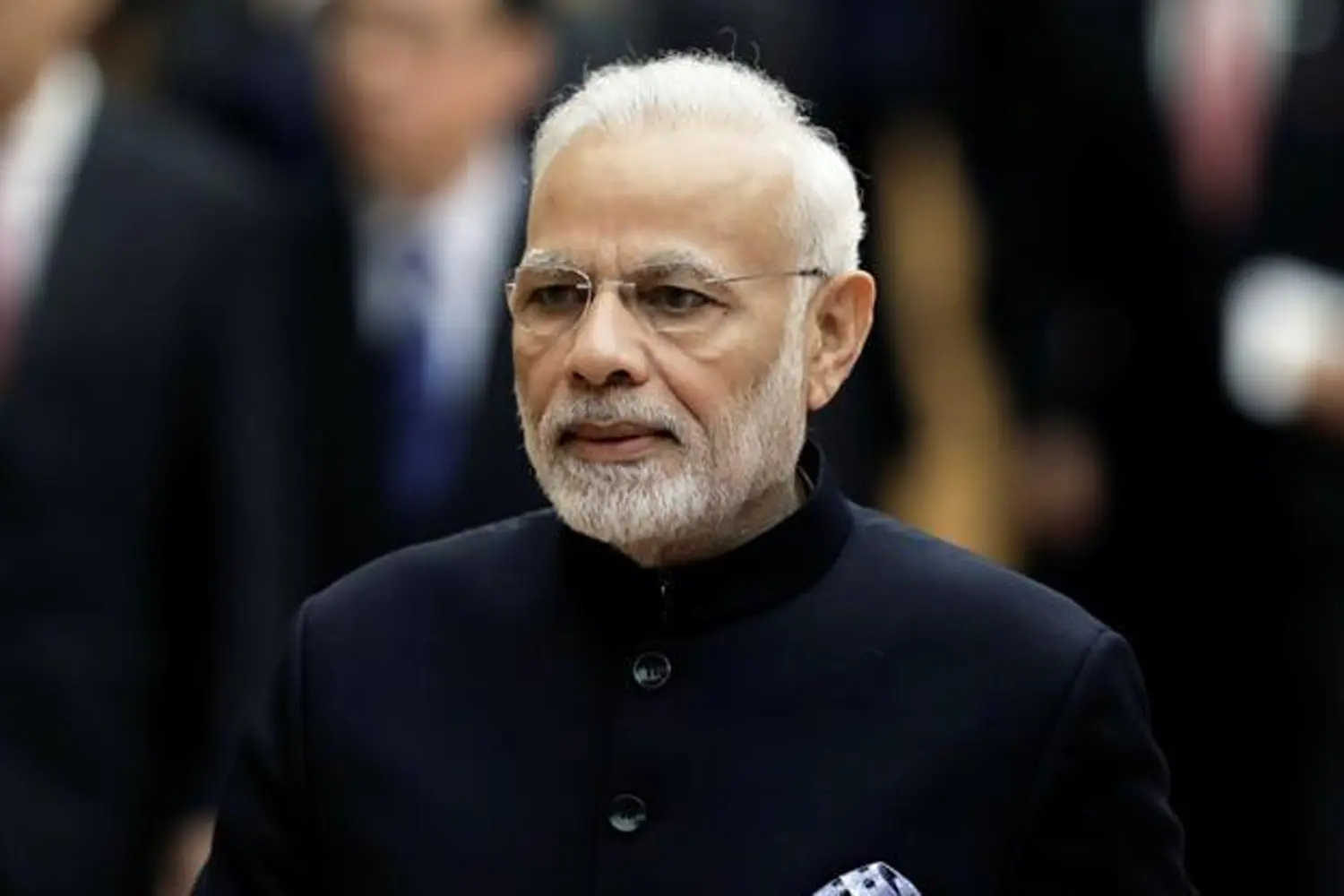The Prime Minister of India, Narendra Modi on Wednesday tendered his resignation to the country’s President Droupadi Murmu, after his cabinet recommended the dissolution of the lower house of parliament Lok Sabha.
Murmu accepted the resignation of Modi and the council of ministers, requesting Modi to act as the prime minister till the new government is formed, an official of the President’s House said.
Modi’s resignation was a part of the protocol followed before the formation of the next government in the country.
The Election Commission of India released the official data on its website early Wednesday, suggesting that the ruling National Democratic Alliance, led by Modi’s Bharatiya Janata Party, is to form the next government.
Modi and his Bharatiya Janata Party (BJP) had come to dominate the world’s biggest democracy since coming to power 10 years ago, their Hindu nationalist politics becoming ever more entrenched in India along the way. Even as critics accused him of stoking religious tensions, eroding human rights and muzzling the press, Modi was consistently rated as the most popular leader in the world.
It was only in January that Modi, 73, inaugurated a grand Hindu temple on a contested holy site in the northern city of Ayodhya, fulfilling a longtime promise to supporters and stirring fear among India’s Muslim minority, who have found themselves increasingly marginalized under his rule.
It was a crowning moment for Modi that was expected to help him win favor with voters in Hindu-majority India as he sought a rare third term and a supermajority for his party in an election this year that was widely predicted to be a landslide.
On Tuesday, as early vote counting showed a far narrower result that was a shocking rebuke to Modi’s rule, the constituency that includes Ayodhya was among those the BJP conceded to the opposition.
